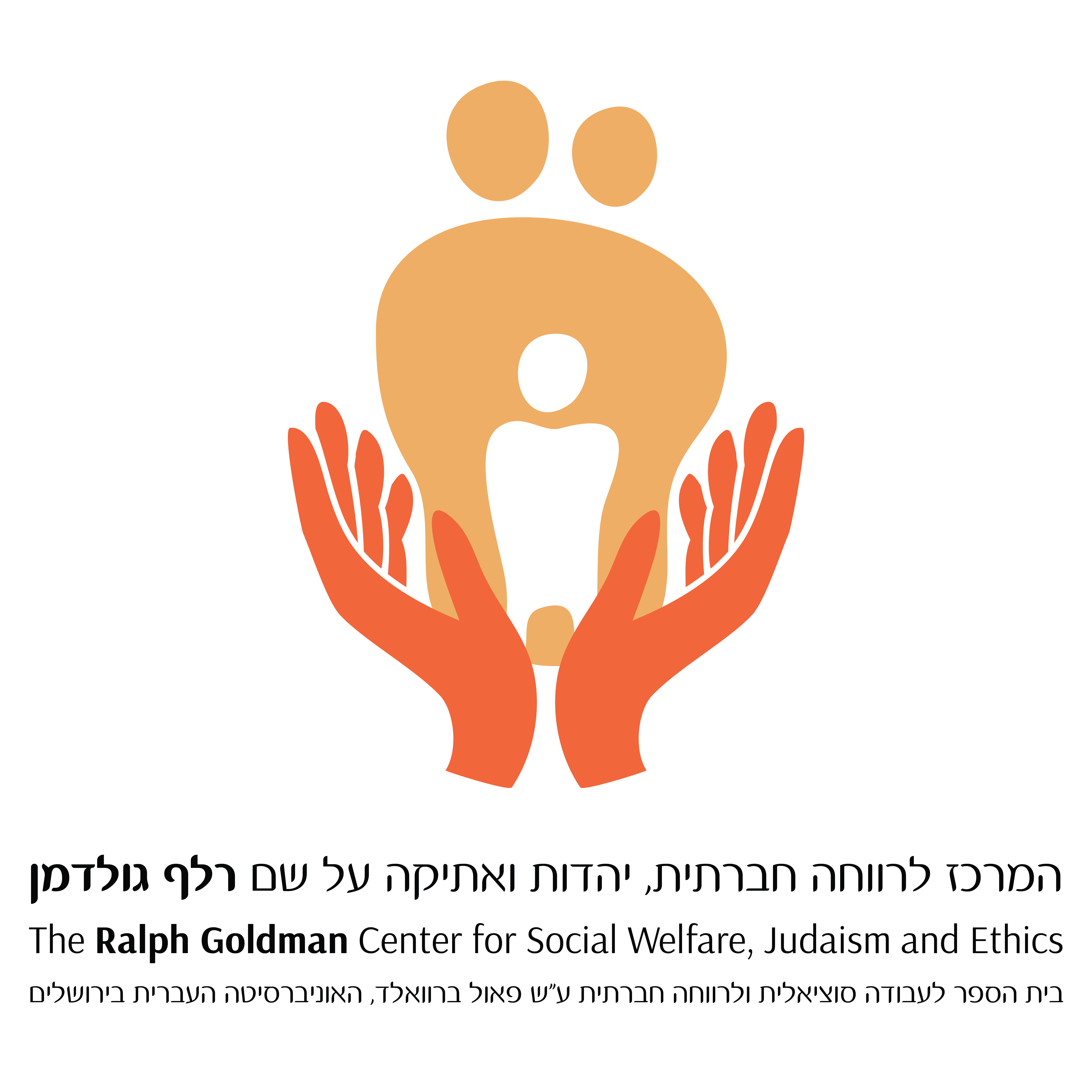Shor R. & Avihod G. (2011). The conceptual model and guiding principles of supported education program for Orthodox Jewish persons with severe mental illness. Community Mental Health Journal 47(5), 568-572
An innovative culturally-oriented supported education program has been established in Israel to address the needs of religious Jewish persons with severe mental illness.
This program is utilizing a highly regarded institution in the Orthodox communities, a Beit Midrash, a study hall for religious studies, as a context for rehabilitation. Based on open-ended interviews conducted with the staff members of this program, its conceptual framework and guiding principles have been identified and analyzed.
In this program common principles of psychiatric rehabilitation have been adapted and incorporated into a context which has not been known so far as a context for psychiatric rehabilitation. In addition, innovative supported-education methods of work which are compatible with the cultural context of Orthodox Jewish persons have been implemented, such as opportunities provided to the participants to reconstruct their views of their daily struggles and enhance their sense of spirituality via the discussion of socially-oriented religious texts. The culturally-oriented context of the Beit Midrash enables outreach to a population which might otherwise not receive any services.
This is a promising model for addressing the unique needs of religious persons with severe mental illness and for filling a gap in the resources available for the rehabilitation of this population in the community.
_____
וייס פ. , הדס לידור נ. ושור ר. (2017 ). נוכחות ההקשר התרבותי באינטראקציות של נשים חרדיות עם בני משפחתם המתמודדים עם מחלה פסיכיאטרית. כתב עת ישראלי לריפוי בעיסוק, 26 (2), 126-144
למשפחה תפקיד מרכזי ומשפיע בהתמודדות של אחד מבניה עם מחלה פסיכיאטרית. עם זאת, תפקיד הנורמות התרבותיות בהקשר למחלה הפסיכיאטרית והתקשורת במשפחה, לא נחקר דיו.
המפגש בין משפחה, תרבות דתית, תקשורת ומחלה פסיכיאטרית הנו מפגש מורכב ורב ממדי. המחקר שמוצג במאמר זה עסק בדרכים שבהן מחלה פסיכיאטרית והקשרים תרבותיים-משפחתיים משפיעים אחד על האחר בקרב 24 נשים, מטפלות-קרובות* חרדיות, רובן אימהות, לאנשים המתמודדים עם מחלה פסיכיאטרית.
נשים אלו השתתפו בקורס קש"ת - קורס לימודי אקדמי לבני משפחה המשמשים כמטפלים עיקריים )מטפלים-קרובים) של אנשים המתמודדים עם מחלה פסיכיאטרית. הקורס הותאם במיוחד למגזר החרדי. לאורך הקורס הנשים כתבו אירועי חיים יום-יומיים הכוללים אינטראקציות בינן לבין אנשים במשפחה, עם החולה או אחרים.
המחקר הזה השתמש בגישה איכותנית כדי לזהות היבטים הקשורים לתרבות בתוך אינטראקציות מילוליות המתרחשות בין נשים חרדיות, שהנן המטפלות העיקריות, ובני משפחתן המתמודדים עם מחלה פסיכיאטרית. ניתוח איכותני של 50 אירועים מאיר את התפקיד המשמעותי שיש לדת ולנורמות התרבותיות בתפיסה של מה נחשב לגורם לחץ/דחק ולדינמיקה המשפחתית הקשורה לגורמים אלו. מודגש הצורך והערך בפיתוח מסוגלות תרבותית, בשילוב מרכיבים תרבותיים בתכניות התערבות למשפחה, בקרב אוכלוסייה שעדיין לא מממשת את מרב הפוטנציאל הגלום בשירותי בריאות הנפש.

